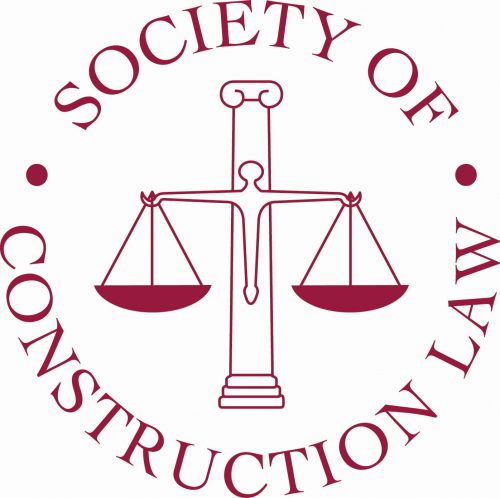Associations are constructs of society which should balance liberty and equality whilst providing a discernible value
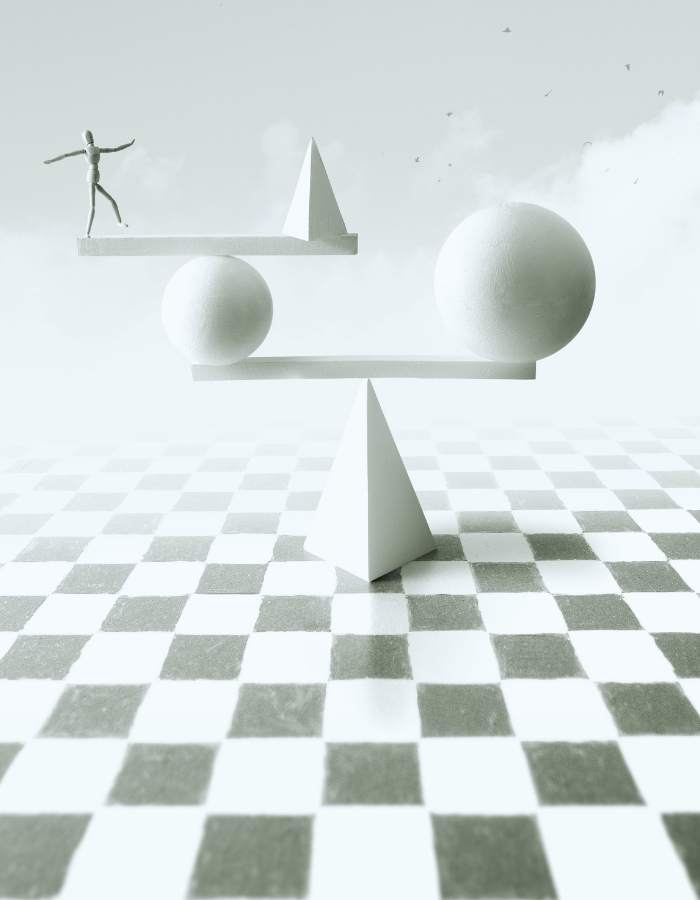
The purpose of an association can comprise positive and/or negative civic impact as proven by history to improve labour and collective bargaining or more disturbingly in radical associations designed to provide strength of protection for persecutory practice. In modern societies, the membership of a club or association can adjust the perception of credibility of an approach to the state to make a change in policy, it can provide an educational bridge to focus certain issues into shared information which can be developed by a group, such as policy position papers, recommendations for approach to foreign investment. The leadership, values, objectives and constitution of an Association cannot be controlled singularly, therefore a membership must be a compromise to a certain extent, with a member making an assessment that overall the participation will be beneficial for the member and society in general.
``Associations can serve as a protection against the tendency of states to seek to hegominise, provide additional social capital and encourage broad participation in social projects.``
Hughes Krupica has evolved as have its co-founders through trial and error, success and failure, risk and reward based decisions with pay-offs and losses. Association memberships have borne mixed results, and the purpose of being a member of a group must be considered carefully in terms of cost, reflection of such membership on the perception of the firm, the societal and business value of the association, the management and leadership of the association and its values. No one association can sum up the uniqueness of Hughes Krupica and the individuals who collectively make the firm work and prosper. The associations that, at the time of writing, Hughes Krupica has identified as organisations which satisfy most criteria, may change over time, may comprise individuals and groups who hold different ideologies and opinions to Hughes Krupica. Nevertheless, by being part of such associations, Hughes Krupica’s co-founders and team believe that more good than harm should be the result. Further, the information and participants in such associations are, in the majority, credible and of sufficient repute to be in the same associated network of Hughes Krupica. This will be monitored on a regular basis.

In separate sections below we have set out information on the Associations and Memberships of our Firm and its Co-Founders.
Thai Institute of Directors
GENERAL OVERVIEW
Hughes Krupica is General member 10819 of the Thai Institute of Directors Association (“IOD”).
Desmond Hughes, Senior Partner and Co-Founder of Hughes Krupica, is General Member No. GM10819
Robert Krupica, Senior Partner and Co-Founder of Hughes Krupica, is General Member No. GM 10818
Pongsak Daengkaew, Senior Partner and Co-Founder of Hughes Krupica, is General Member No. GM 10820
The IOD was founded in 1999 shortly after the Asian financial crisis and has been critical in the promotion of the implementation of good corporate governance principles to international standards in Thai companies. The IOD is not-for-profit, and was established with support from the Securities and Exchange Commission, the Stock Exchange of Thailand, the Bank of Thailand, the Foundation for Capital Market Development Fund and the World Bank.
The information, toolkits and document repository on the IOD website for general public consumption and for members are very useful knowledge repositories. The IOD organises formal director training sessions and regularly provides up to date Corporate Governance information through workshops, forums and research services.
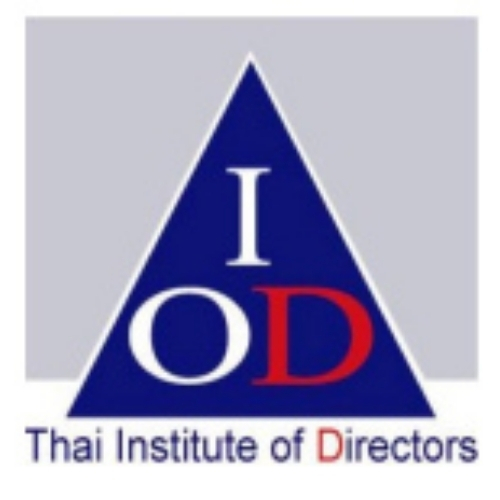

International Chamber of Commerce
GENERAL OVERVIEW
THAILAND OVERVIEW
The ICC is an institution formed by entrepreneurs on the belief that the private sector is best qualified to set global standards for business. This was a reaction in part to the economic and political effects of world conflicts and the ICC founders were dubbed “Merchants of Peace”.
The ICC evolved its constitutional framework through the establishment of an international court of arbitration and is now the world’s most prominent arbitral institution for international commercial arbitration, amidst an increasingly competitive environment.
The ICC engaged itself in international affairs by proposing an international trade organisation, being the first business organization to issue anti-corruption rules and is an observer status member of the United Nations General Assembly.
The European Association of Business and Commerce
GENERAL OVERVIEW
The European Association for Business and Commerce (EABC), established in 2011, aims to be the unified voice of the European business community in Thailand. EABC’s objectives are to advocate member interests, to support European business in Thailand and to promote Thailand as an attractive partner for European foreign investment and trade. EABC acts as the European chamber of commerce in Thailand, covering all EEA (European Economic Area) states, and the UK not just EU states.
The EABC is committed to working closely with European businesses, the Royal Thai Government, the EU Institutions, and the Chambers of Commerce as well as counterparts in Thailand, in ASEAN, and in Europe. Every year EABC issues a position paper with recommendations by the European business community in Thailand for the Thai government.
Its main activities include carrying out policy and advocacy dialogues, building consensus, providing support to European businesses about trade and investment, and organizing key events to foster opportunities for European businesses in Thailand.
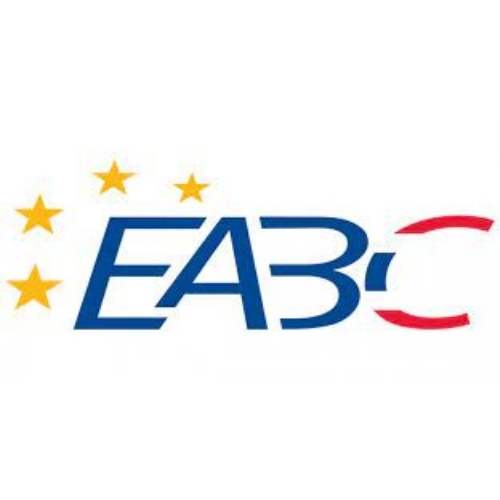
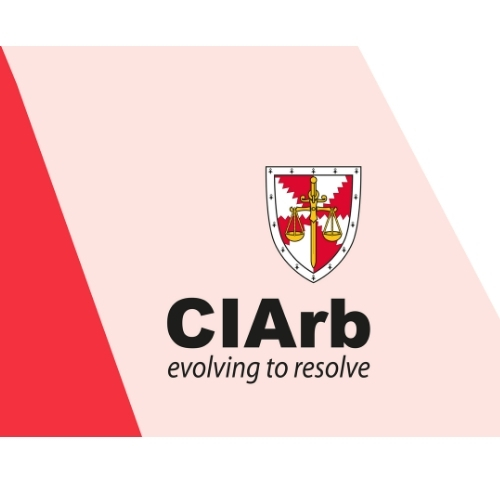
The Chartered Institute of Arbitrators (CIArb)
GENERAL OVERVIEW
Desmond Hughes, Senior Partner and Co-Founder of Hughes Krupica is a Fellow of the Chartered Institute of Arbitrators and a member ID: 36878.
The Chartered Institute of Arbitrators was originally founded as the Institute of Arbitrators on 1 March 1915 and registered as a charity in the U.K. in 1990, having been incorporated by Royal Charter in 1979. The Royal Charter Bye-Laws and associated documentation relating to the constitution and governance system of CIArb which comprises a Board of Trustees, Board of Management, a disciplinary tribunal and various committees and sub-committees appointed to oversee the object and charitable purpose of the Institute globally. There is a President, a Patron, Director-General and Directors at the upper tier of the organization.
Society of Construction Law, U.K.
GENERAL OVERVIEW
The Society of Construction Law (“SCL”) holds meetings, lectures and social events, publishes papers given to the Society; supports educational bodies, in particular by funding the purchase of books; sponsors and annual prize paper and generally promotes interest in construction law. The library is located at King’s College London on the Strand, London, U.K. The administrative office is in Hinckley, Leicestershire., U.K.
SCL was formed in 1983 when the Founder Members signed the initial constitution at the Whig and Pen Club in the Strand opposite the Law Courts. This was before the launch at the RIBA later in 1983. There are approximately 3000 members and it has an elected Council comprising 20 members. There are 5 officers who are also members of the council. SCL also has regional co-ordinators in several parts of the UK and Ireland.
